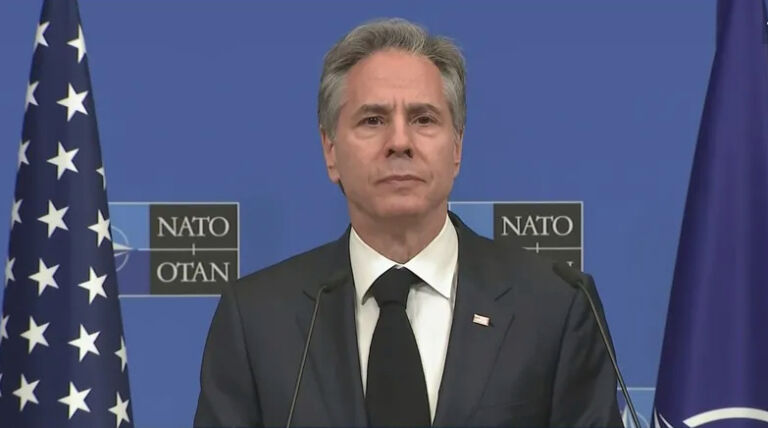Jimmy Quinn writes for National Review Online about the latest sign of communist China’s evil intent.
Taiwanese president Tsai Ing-wen said that Beijing is applying “maximum pressure” on the island country, referencing a flood of daily cyberattacks that China is carrying out against Taiwan.
“Every day our authoritarian neighbor initiates millions of cyberattacks, as well as frequent military exercises and other forms of gray-zone activities as a way to apply maximum pressure on Taiwan and its friends,” said Tsai, who made the comment in a pre-recorded speech that was played at the Concordia Summit, a conference on the sidelines of the U.N. General Assembly in New York City. The comments came three days after the Chinese military sent 103 jets into the island country’s air-defense-identification zone.
Tsai didn’t specifically mention the flights by the People’s Liberation Army near Taiwan on Sunday, but the number of flights set a new record. The incursions into the zone took place just days after Taiwan’s ministry of national defense said it had spotted a Chinese aircraft carrier, the Shandong, passing 60 nautical miles from the island’s southernmost point on its way to drills with other vessels.
In her remarks, Tsai emphasized Taiwan’s role in global supply chains, saying that the consequences of a Chinese attack “would ripple across the world.”
While U.N. guidelines prohibit Taiwanese nationals from entering the U.N. building, Taiwanese officials have worked around that during General Assembly week by participating in the Concordia Summit. During a panel that followed Tsai’s comments, Taiwan’s ambassador to the U.S., Bi-khim Hsiao, slammed the “unreasonable and unfair effort to isolate Taiwan” internationally.
Like Tsai, Hsiao mentioned China’s escalating cyberattacks twice, at one point characterizing them as “a flow of constant cyber attacks.”
Hsiao, who has good relationships with members of Congress from both parties, also said that she hopes that Taiwan will not become a partisan political issue in the U.S.: “We need to ensure that Taiwan doesn’t become an issue of domestic political competition in the United States or even in Taiwan.”


